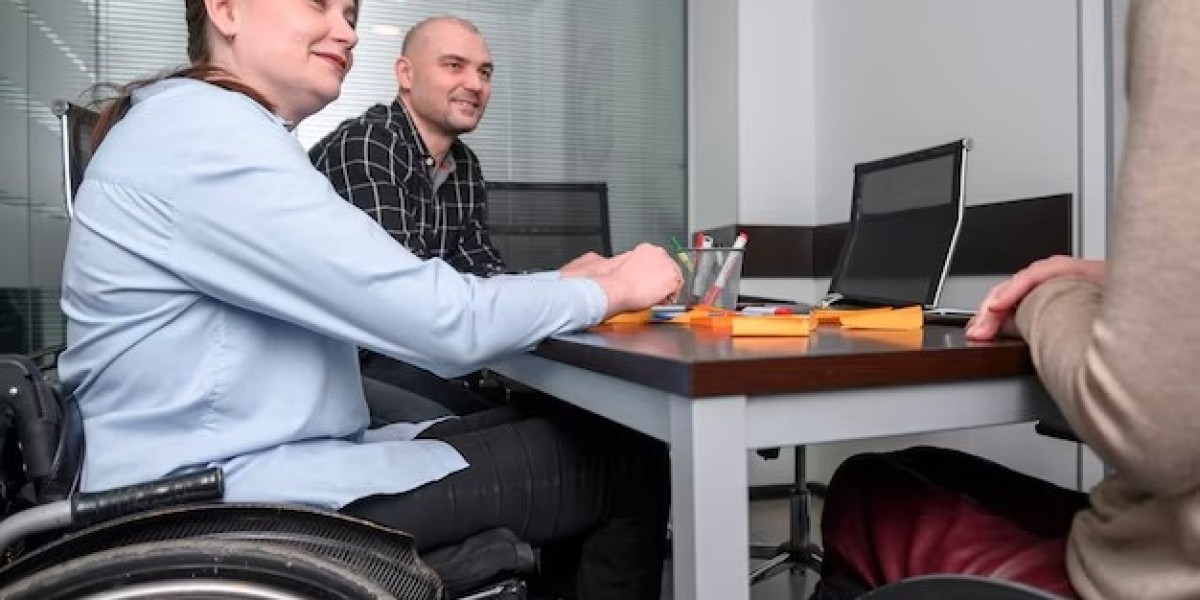The Role of Support Coordination in NDIS
Support coordination is a unique service within the NDIS designed to help participants implement their NDIS plan. A support coordinator works closely with the individual to understand their needs, goals, and preferences, and then assists them in identifying the right service providers, accessing community resources, and ensuring that the NDIS plan is being followed effectively. The goal is to provide participants with the skills, knowledge, and confidence to manage their plans independently over time.
For many participants, support coordination is a critical service that empowers them to take control of their lives. It ensures they are not only aware of the services available but also that they are using them effectively. A well-coordinated NDIS plan can lead to improved quality of life, greater independence, and increased participation in community and social activities.
The Need for Support Coordination Training
While the role of a support coordinator is fundamental to the success of the NDIS, it is not a role that can be filled by just anyone. Effective support coordination requires a deep understanding of the NDIS, the diverse needs of participants, and the complex landscape of services and resources available. This is where support coordination training becomes essential.
Support coordinators are expected to have a strong grasp of the NDIS framework, including its policies, funding structures, and the eligibility requirements for various supports. They must also be skilled in communication and problem-solving, as they are often tasked with resolving complex issues and mediating between participants and service providers. Furthermore, they must have a deep understanding of the various disabilities and conditions that participants may face, as well as the types of supports and services available to meet those needs.
Effective coordination training provides the necessary skills and knowledge for individuals to excel in this role. Training programs typically cover a range of topics, including NDIS legislation, case management, communication techniques, and strategies for managing complex or challenging situations. Moreover, training can help coordinators stay up-to-date with changes in the NDIS system, ensuring they are always providing the best possible support to participants.
Trends in Coordination Training for NDIS
As the NDIS evolves and expands, so too does the need for highly skilled support coordinators. One of the most significant trends in the field of support coordination training is the emphasis on person-centred approaches. This approach places the individual at the centre of the decision-making process, ensuring that the supports and services provided align with their preferences, values, and goals. Training programs are increasingly focusing on developing the skills necessary to work collaboratively with participants, respecting their autonomy and promoting self-advocacy.
Another trend is the incorporation of technology into support coordination training. The growing use of digital tools and platforms within the NDIS requires support coordinators to be familiar with online systems for managing plans, tracking service delivery, and communicating with participants and service providers. As technology continues to play a larger role in disability services, support coordinators must be equipped with the skills to navigate these platforms efficiently.
Additionally, there is a greater emphasis on cultural competence in coordination training. With a diverse participant base, it is essential for support coordinators to understand the cultural, linguistic, and social factors that may influence a participant’s needs and preferences. Training programs are now incorporating modules that focus on building cultural awareness and sensitivity, ensuring coordinators can work effectively with participants from all backgrounds.
Why Support Coordination Training Matters
The benefits of well-trained support coordinators extend beyond the individuals they serve. Effective support coordination can lead to better outcomes for participants, including improved access to services, greater satisfaction with their NDIS plans, and enhanced community participation. It also ensures that resources are used efficiently, minimizing delays or confusion in accessing necessary supports.
Support coordination training helps ensure that coordinators are not only knowledgeable about the NDIS system but also possess the interpersonal and problem-solving skills required to navigate the complex landscape of disability services. Trained coordinators are more adept at resolving conflicts, addressing issues that arise, and ensuring that participants’ goals are met in a timely and effective manner.
For those seeking a career in support coordination, undertaking support coordination training can open up a range of opportunities. As the demand for support coordinators continues to rise, those with formal training and qualifications are more likely to be sought after by NDIS providers and participants alike. Additionally, ongoing professional development opportunities can help coordinators advance their careers and stay at the forefront of changes in the NDIS.
Conclusion
As the NDIS continues to grow and evolve, the importance of coordination training cannot be overstated. Support coordinators play a critical role in helping participants navigate the complexities of the NDIS, and their effectiveness is directly tied to the quality of training they receive. By investing in support coordination training, NDIS providers can ensure their staff are equipped with the skills, knowledge, and cultural sensitivity needed to deliver the best possible outcomes for participants. This, in turn, leads to a more effective and inclusive NDIS system, where individuals with disabilities can access the supports they need to live fulfilling, independent lives.




